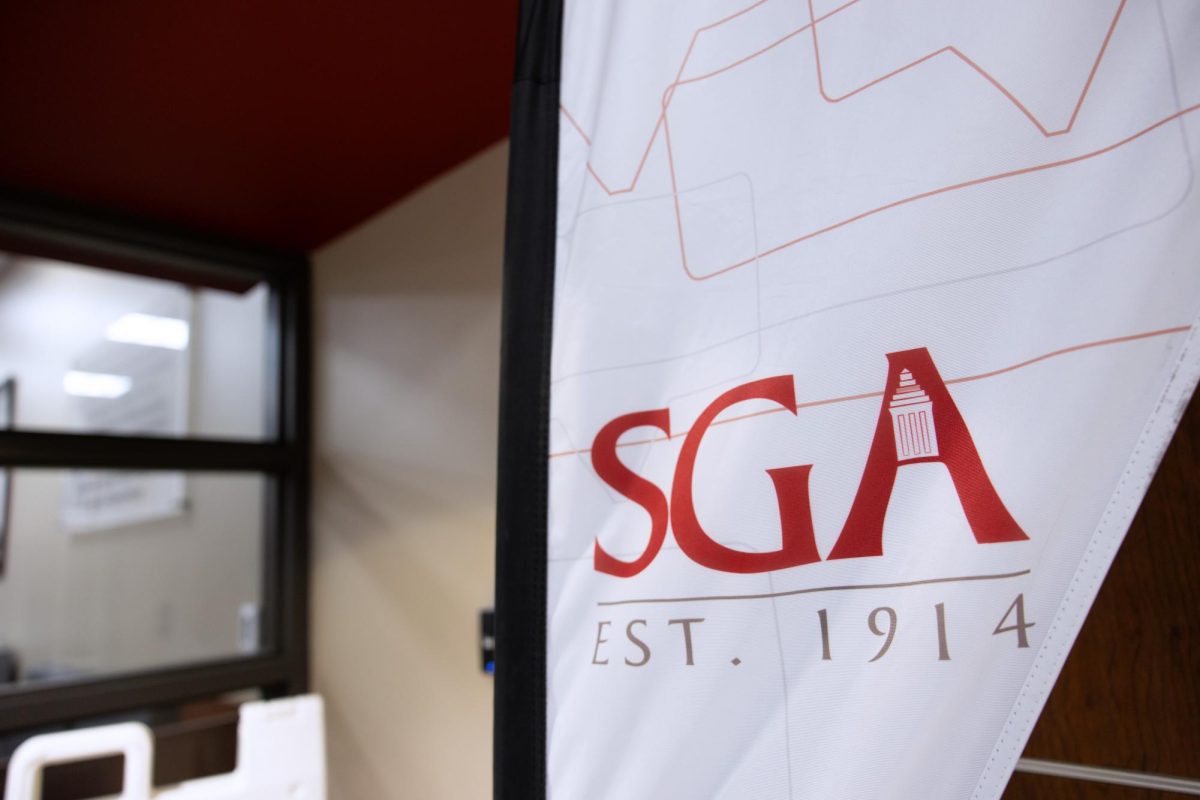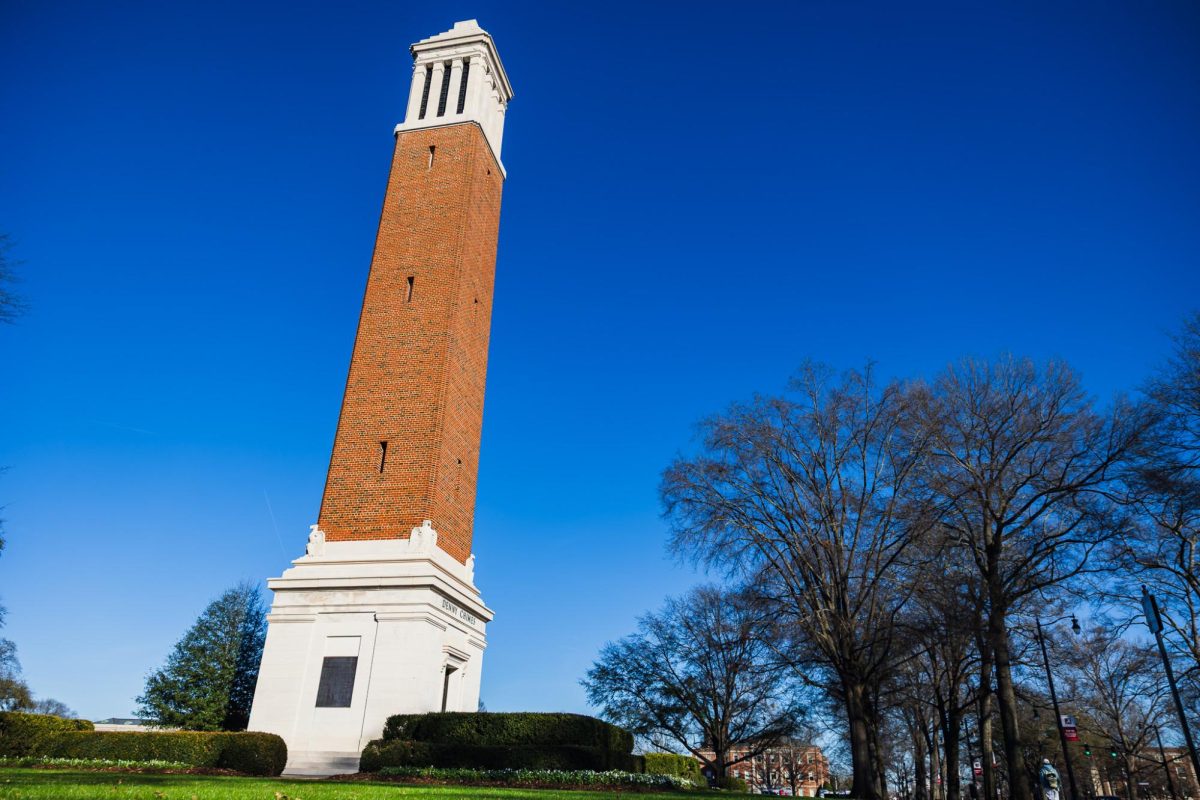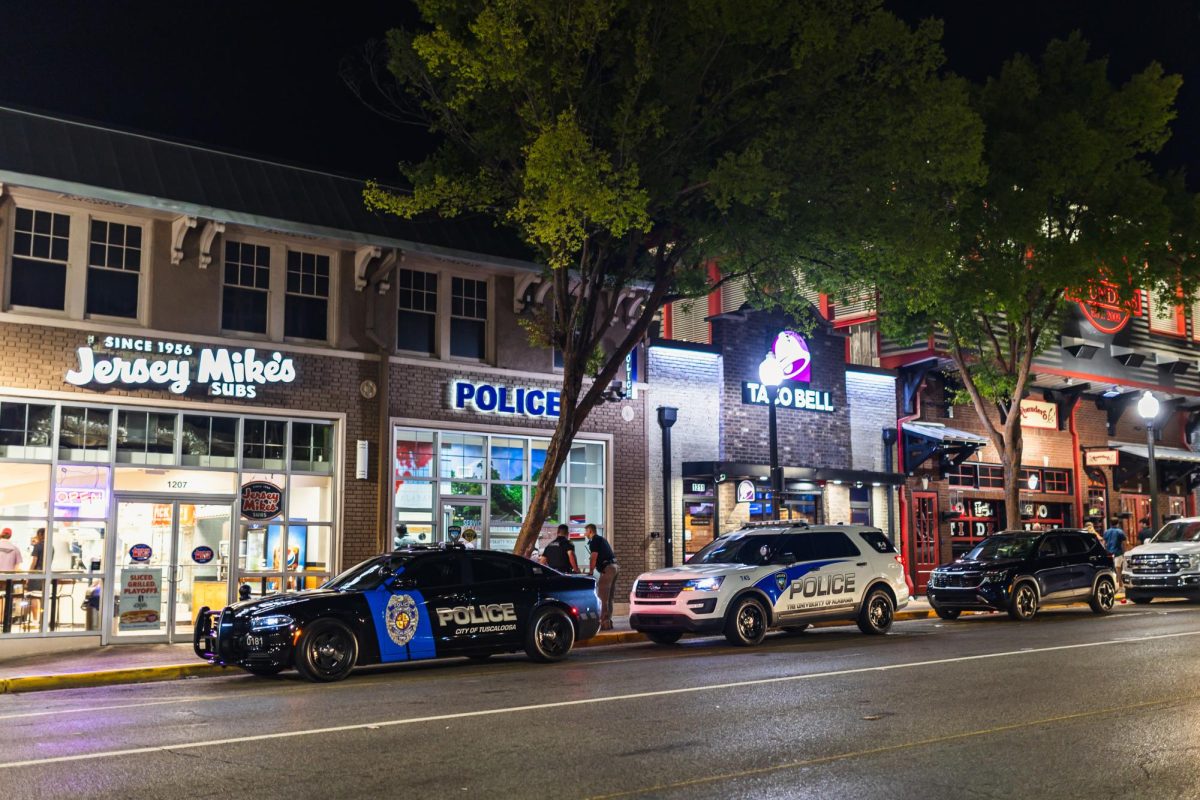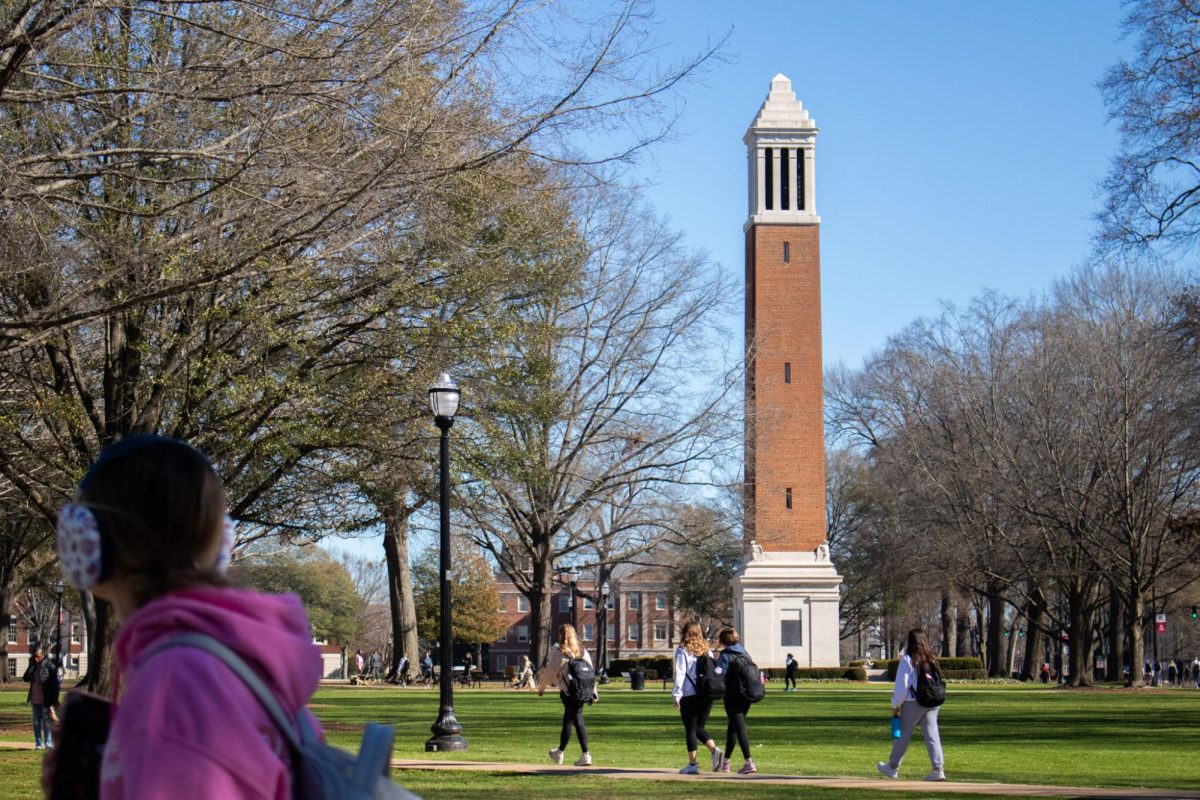The beer aisles of grocery stores in Alabama will look a little different in August. The drink menus of bars and restaurants will be a little longer and package stores will make room on their shelves for the new beers in town.
On May 16, Gov. Robert Bentley signed into law a bill that will increase the maximum size of beer bottles sold in Alabama. The state became 49th state to allow the sale of beer in containers larger than 16 ounces. The Gourmet Bottle Bill will allow retailers to sell containers up to 25.4 ounces.
Rep. Bill Poole (R-Tuscaloosa) was one of many legislators who voted in favor of the Gourmet Bottle Bill.
“This law brings Alabama into conformity with the rest of the nation,” Poole said.
Michael Hixson, the owner of a beverage store in Tuscaloosa named Corks and Tops, said Alabama was the last state to pass a bill like this because it just takes longer for the state to change.
“We tend to drag our feet for change for some reason,” Hixson said. “I think a lot of people are afraid of change, and it’s either because a) fear or b) they’re misinformed. Just because you have a bigger beer doesn’t mean you’re going to be standing on the corner with a bigger brown bag.”
Bo Hicks, Tuscaloosa chapter head for Free the Hops, the organization that pushed for the bill to be passed this year, said he wasn’t sure why it took Alabama so long.
Hicks said Free the Hops began advocating the legislation in earnest this year after helping to pass the Brewery Modernization Act in June 2011. That law allowed breweries in the state to have a taproom on their premises.
Many fiscal conservatives, he said, favored the Gourmet Bottle Bill because of its potential to bring more business into the state and keep people from crossing state lines for bigger bottles.
The bottle limit of 25.4 ounces, Hicks said, was settled on because it is the size many “bomber bottles” come in.
Poole said he hoped other beer manufactures will locate in Alabama and create jobs and additional economic activity.
“There are some breweries that never came into their market because they couldn’t have their full portfolio,” Hicks said. “Why enter a new state if you can’t bring all that you have?”
Hixson said one potential distributor, Shelton Brothers, carries between 430-440 different beers from Norway, Sweden, Belgium, Germany and Japan that aren’t currently available in Alabama. Most of their beers are 16.9 ounces, Hixson said, but some come in 750-milliliter bottles, which will be allowed under the new law.
“It gives us an opportunity to offer better beer,” Hixson said. “Not just beer you want to sit down and drink one of, but better beer for parties and entertaining.”
Bomber bottles are often used for more expensive gourmet or craft beers, Hixson said. Most people plan on buying them and enjoying them in an entertaining atmosphere. Hixson said he doesn’t expect to see any more negative effects come from the passing of the bill than already exist with wine and liquor.
When the bill goes into effect in August, Hixson plans on adding an additional 200-300 beers to his inventory over the next few years.
“This bill passing will be a big boost to my business,” he said. “It’s a boost to the idea of the reason I started this– to offer people in Alabama something totally different that they can’t get from your regular store.”
Good People Brewing Company, based in Birmingham, already manufactures a bomber bottle beer even though it currently can’t sell it in the state, Poole said. He hopes other local breweries will follow suit.
As part of their “County Line” project, Good People sells its small batch ales at All in One Exxon in Kellyton, in Coosa County, the only county in Alabama where it is currently legal to sell these beers in their 22-ounce bottles.
Hicks said some local breweries may not benefit from the law because it will lead to more options for limited shelf space. Still, he said, people like to support their local breweries. At Corks and Tops, Hixson plans to continue representing local breweries both on tap and in bottles.
Smaller breweries are already competing in a crowded market, Hicks said, so the bill will add even more competition for them. More competition, he said, leads to a better product, which is good for the consumer.








